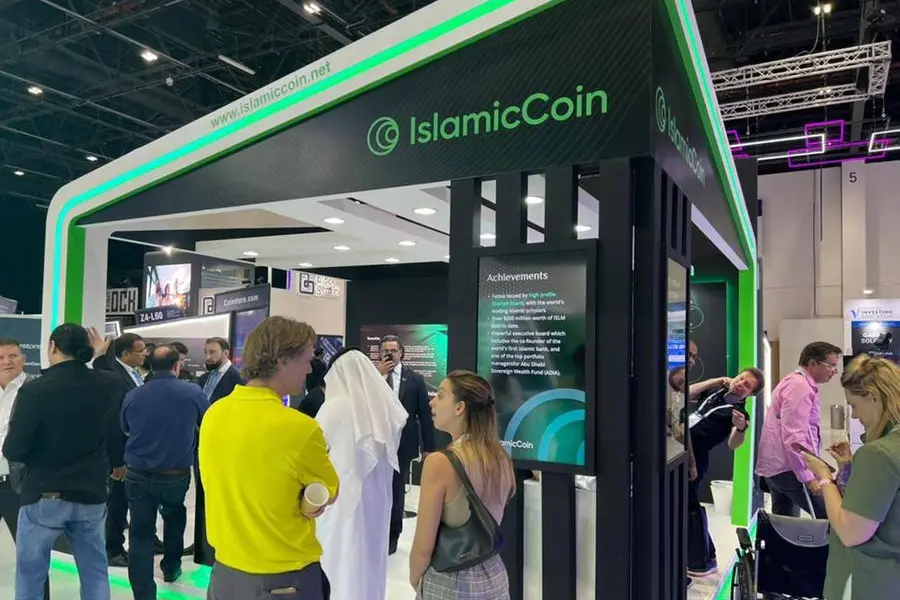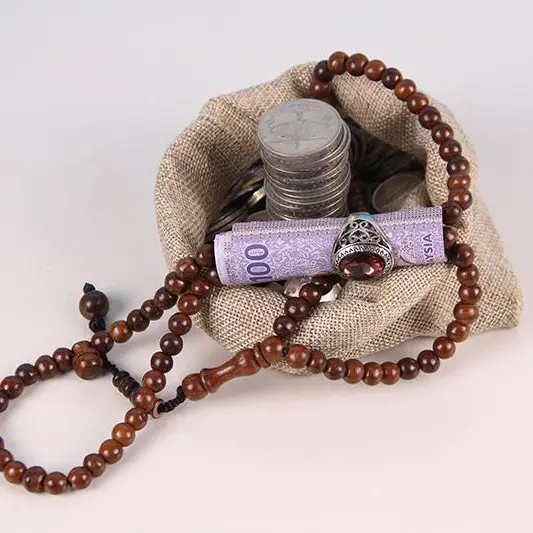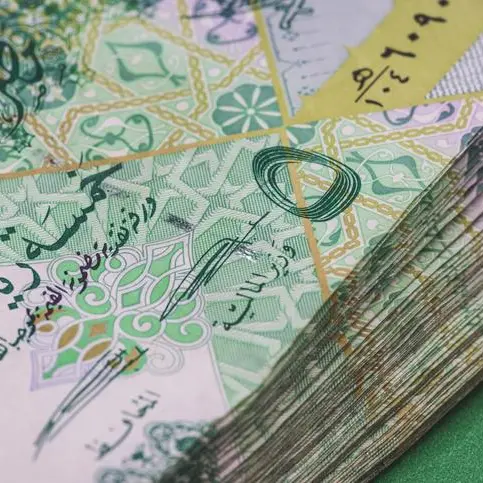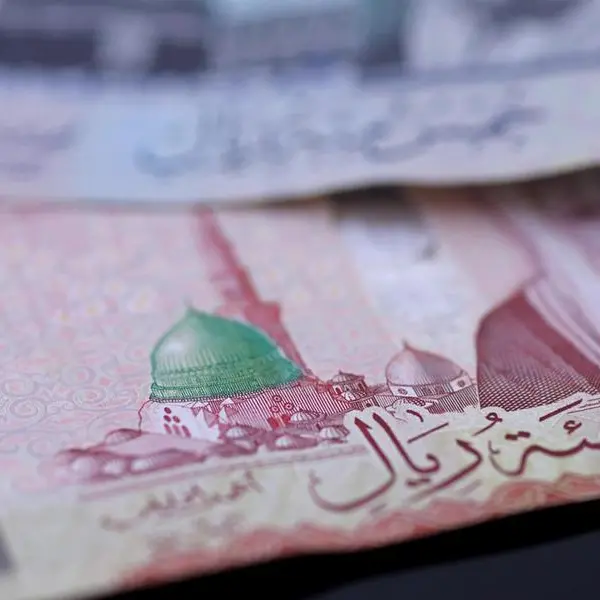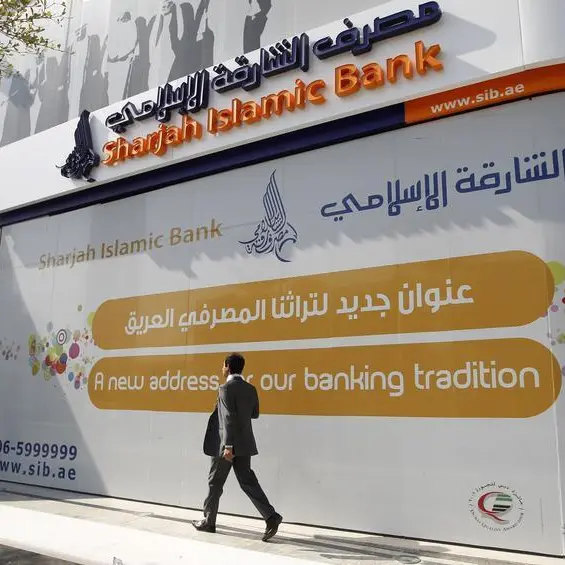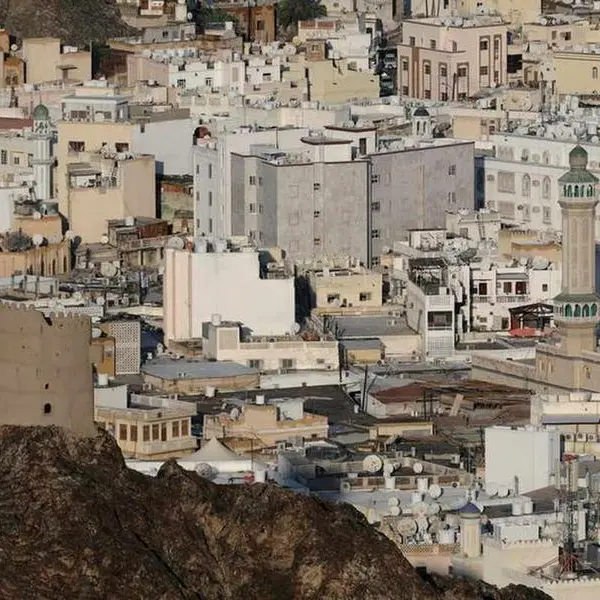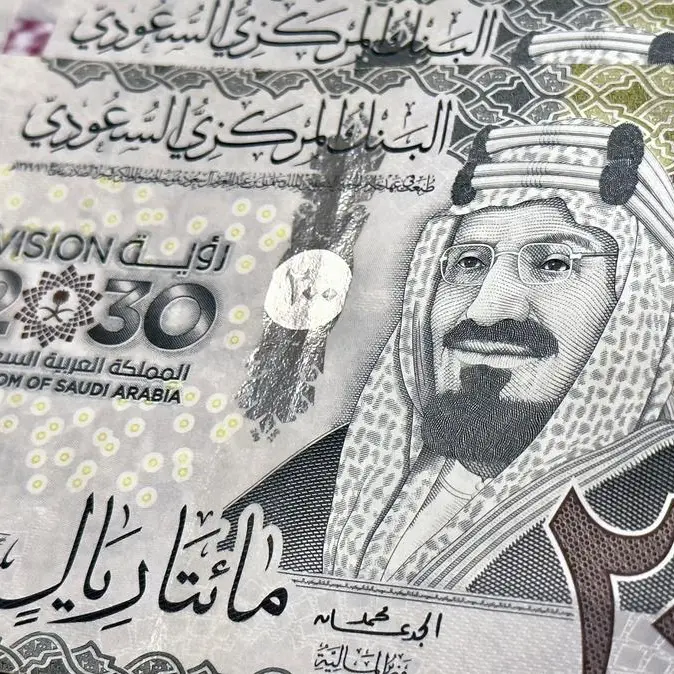PHOTO
UAE-based Shariah-compliant cryptocurrency and blockchain company Islamic Coin, has partnered with Brazil’s FAMBRAS, the world’s largest manufacturer and exporter of halal food products.
The partnership, announced at the Fintech Surge Summit, part of GITEX Global 2022 in Dubai, is intended to increase the transparency and traceability of halal foods across the world. FAMBRAS will use Islamic Coin’s proprietary blockchain, the Haq network, to register its halal certificates and trace the journey of the food product from slaughter or manufacture to supermarket shelf.
“When we talk about bringing the halal food manufacturers or exporters to our network, there are two sides to this – certificates for the food, ensuring that the food is halal and following the food production journey from the first step of slaughter, packing, shipment, until it reaches the end user,” said Mohammed Alkaff Alhashmi, co-founder of Islamic Coin.
Using smart GPS location, users will be able to follow the entire journey of the products by scanning a QR code.
“The second part is the payment part. People are going there for goods they are buying, and Islamic Coin can be utilised as one of the payment options, it is very fast, very reliable and reduces the cost of transaction for both parties,” added Alhashmi.
Islamic Coin is the world’s first Shariah-Compliant cryptocurrency, while its Haq Network, which is also Shariah compliant, also focuses on enabling projects that benefit society.
“Blockchain technology is very compatible with Shariah rules – it is transparent, it is traceable, it is reliable - this is all we need to make sure we can do things the proper way,” said Alhashmi.
FAMBRAS was founded in Brazil by Hussein El Zoghbi in 1979 after arriving from Lebanon. The company initially started as a halal certification body in Latin America and today it has evolved to become the world’s largest exporter of halal food products and employs over 1500 people.
The halal food market is set to be worth $1.38 trillion globally by 2024 according to Fonte’s State of the Global Islamic Economy report.
(Editing by Seban Scaria seban.scaria@lseg.com)
